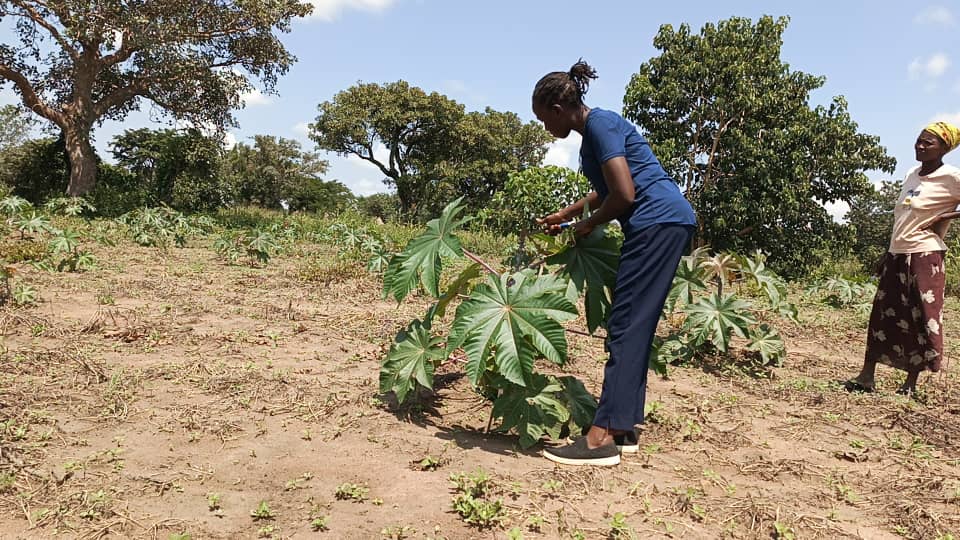Castor Seed Planting & Processing Project (Under GSC Empowerment Program)

1. Agricultural Training & Capacity Building
- Train women, youth, and teenage mothers in modern castor seed farming techniques.
- Provide knowledge on soil preparation, pest management, and organic farming methods.
- Demonstrate climate-smart agriculture practices for higher yields.
2. Input Support & Extension Services
- Provide castor seeds, fertilizers, and simple farm tools to beneficiaries.
- Establish farmer field schools and model demonstration gardens.
- Link beneficiaries to extension workers for continuous technical guidance.
3. Value Addition & Processing
- Set up small-scale castor oil extraction units for women/youth groups.
- Train beneficiaries in seed cleaning, drying, and storage to maintain quality.
- Promote castor oil production for industrial, cosmetic, and medicinal uses.
4. Market Linkages & Cooperative Formation
- Organize farmers into savings & cooperative groups for collective marketing.
- Link farmers to national and regional buyers of castor oil and by-products.
- Explore export opportunities for castor oil in pharmaceuticals and cosmetics.
5. Economic Empowerment & Job Creation
- Create employment opportunities in planting, harvesting, and processing stages.
- Support youth and women entrepreneurs to start agribusiness ventures using castor by-products.
- Generate income through sales of castor oil, cake (animal feed), and industrial raw materials.
6. Environmental & Social Benefits
- Promote castor as a drought-resistant crop suitable for climate adaptation.
- Encourage afforestation by intercropping castor with other trees/crops.
- Empower marginalized women and youth to reduce poverty and dependency.
7. Research, Innovation & Sustainability
- Partner with agricultural research institutes to improve seed varieties and yields.
- Promote innovative uses of castor by-products (e.g., biofuel, organic fertilizer).
- Establish a revolving fund where part of the profits supports new beneficiaries.
8. Integration with Other Programs
- Link castor farming profits to support girls’ education (school fees, scholastic materials).
- Use project proceeds to sustain skills training programs for teenage mothers.
- Strengthen community resilience by diversifying income beyond subsistence farming.


